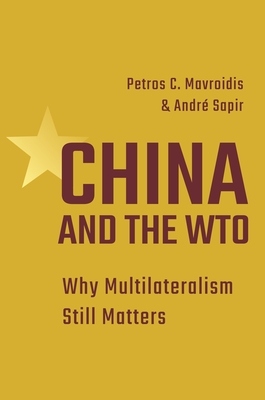Expedite your nonfiction book discovery process with Readara interviews, summaries and recommendations, Broaden your knowledge and gain insights from leading experts and scholars
In-depth, hour-long interviews with notable nonfiction authors, Gain new perspectives and ideas from the writer’s expertise and research, Valuable resource for readers and researchers
Optimize your book discovery process, Four-to eight-page summaries prepared by subject matter experts, Quickly review the book’s central messages and range of content
Books are handpicked covering a wide range of important categories and topics, Selected authors are subject experts, field professionals, or distinguished academics
Our editorial team includes books offering insights, unique views and researched-narratives in categories, Trade shows and book fairs, Book signings and in person author talks,Webinars and online events
Connect with editors and designers,Discover PR & marketing services providers, Source printers and related service providers

China and the Wto: Why Multilateralism Still Matters
Business & Economics > International - Economics & Trade
- Princeton University Press
- Hardcover
- 9780691206592
- 9.2 X 6.4 X 1.1 inches
- 1.25 pounds
- Business & Economics > International - Economics & Trade
- (Single Author) Asian American
- English
Readara.com
Book Description
An examination of China's participation in the World Trade Organization, the conflicts it has caused, and how WTO reforms could ease them
China's accession to the World Trade Organization (WTO) in 2001 was rightly hailed as a huge step forward in international cooperation. However, China's participation in the WTO has been anything but smooth, with China alienating some of its trading partners, particularly the United States. The mismatch between the WTO framework and China's economic model has undermined the WTO's ability to mitigate tensions arising from China's size and rapid growth. What has to change? China and the WTO demonstrates that unilateral pressure, by the United States and others, is not the answer. Instead, Petros Mavroidis and Andr� Sapir show that if the WTO enacts judicious reforms, it could induce China's cooperation, leading to a renewed confidence in the WTO system.
The WTO and its predecessor, the General Agreement on Tariffs and Trade, are predicated on liberal domestic policies. They managed the previous accessions of socialist countries and big trading nations, but none were as large or powerful as China. Mavroidis and Sapir contend that for the WTO to function smoothly and accommodate China's unique geopolitical position, it needs to translate some of its implicit principles into explicit treaty language. To make their point, they focus on two core complaints--that Chinese state-owned enterprises (SOEs) benefit from unfair trade advantages, and that domestic companies, private as well as SOEs, impose forced technology transfer on foreign companies as a condition for accessing the Chinese market--and they lay out specific proposals for WTO reforms.
In an age of global trade disputes, China and the WTO offers a timely exploration of unprecedented challenges to the current multilateral system and fresh ideas for lasting solutions.
Author Bio
Petros C. Mavroidis joined the faculty in 2003. He served as a member of the World Trade Organization (WTO) legal affairs division from 1992 to 1995 and has been a legal adviser to the WTO since 1996. He was the chief co-rapporteur for the American Law Institute study “Principles of International Trade: The WTO” (2013).
Mavroidis has written 10 books and scores of peer-reviewed journal articles and book chapters. His book, The Regulation of International Trade, won the 2017 Certificate of Merit in International Law for a distinguished contribution to the field from the Executive Council of the American Society of International Law. The two-volume tome is a meticulous exploration of WTO agreements regulating trade in goods. The third volume of the series dealing with Trade in Services will be published by MIT Press during summer 2020.
At Columbia Law, Mavroidis is a member of the Center on Global Governance and serves on the boards of advisers for the Columbia Journal of Transnational Law and the Columbia Journal of European Law.
Among his many affiliations, Mavroidis is a member of the American Law Institute, American Arbitration Association, and the Swiss Institute of Comparative Law.
Education
Dr Iuris, University of Heidelberg, Germany, 1992
LL.M., University of California at Berkeley, 1986
Master’s degree, L’Institut d’Études Européennes, U.L.B, Brussels, 1983
Ptihion (LL.B) in Law, University of Thessaloniki, Faculty of Law and Economic Science, 1982
Source: Columbia Law School
Videos
No Videos
Community reviews
No Community reviews

